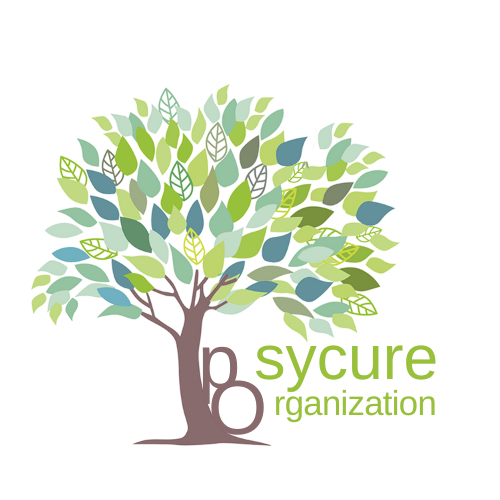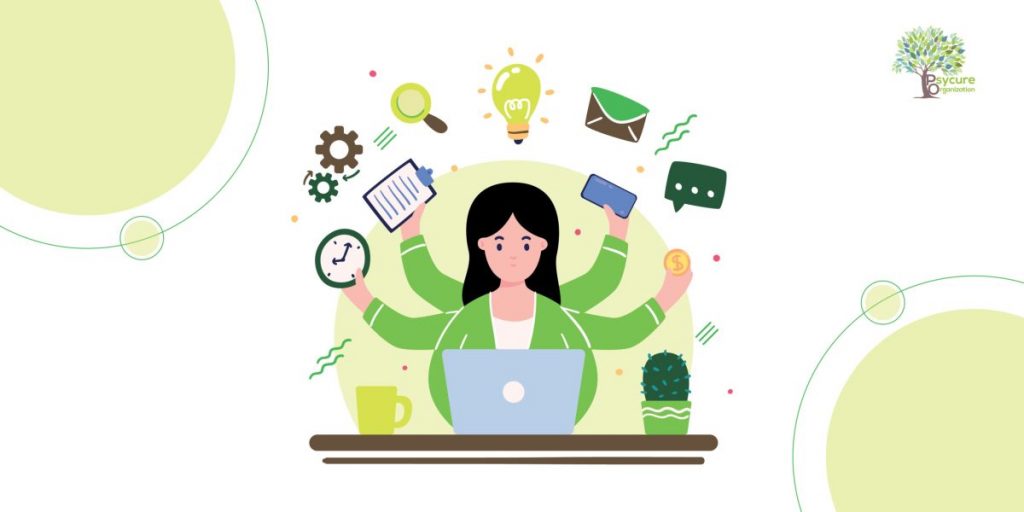CAN YOUR BRAIN FOCUS ON MULTIPLE THINGS AT A TIME?
The capacity of the human brain to perform numerous assignments at the same time has continuously interested psychologists. Multitasking could be valuable expertise for workers to have and one that managers look for. In this article, we talk about what multitasking is, and the pros and cons of multitasking.
WHAT IS MULTITASKING?
Multitasking is the concept that one can split their attention on more than one task or activity at the same time, such as speaking on the phone while writing an email. Multitasking or doing many things at the same time has become the buzzword of the industry these days. It is about time management. Human multitasking is a quite controversial topic and people often disagree on whether multitasking makes sense or not.
BUT DO YOU THINK THAT MULTITASKING IS REALLY HELPFUL AND USEFUL?
Yes. But moreover, keep in mind that your brain can focus on only one thing at a time so do not attempt to do different things at the same time, instead distribute your assignment according to time spaces so you’ll be able to allow maximum focus on each task. While it is an essential skill within the working environment, multitasking can be counterproductive, especially when a few tasks take longer or create undesired results. Even so, multitasking may be a learnable ability that experts can get better at with time and consistent practice.
LET’S FIND OUT THE PROS AND CONS OF MULTITASKING:
PROS:
- Multitasking can improve efficiency.
- Multitasking can spare you time by permitting you to combine separate tasks.
- Multitasking may allow you to attain more on your to-do list and squander less time.
- As you practice multitasking, the brain gets to be more effective in dealing with synchronous tasks.
- Multitasking allows tasks, projects, and assignments to progress towards completion however slow the progress might be.
- One vital advantage of multitasking is that it can save you plenty of time on the off chance that you are doing it right conjointly and has the mental capabilities for it.
- Multitasking can increment your employability as most employers would lean toward hiring somebody who can fulfill numerous assignments simultaneously. Multitasking can help you save money in a few ways.
- By doing several tasks at the same time, you’ll eliminate the rationale of enlisting somebody to do the additional tasks.
- Multitasking is one way of keeping your brain dynamic and boosting your brainpower. Multitasking challenges the brain continuously which can develop your mental stamina.
- Regular multitasking may lead to steady pressure to induce things done. Working in a requesting environment progresses your strength and ability to handle challenging circumstances.
- On the off chance that you engage in multitasking regularly, you’ll also soon learn how to become quite adaptable since you may have so numerous diverse tasks to do which may or may not work out and you may continuously need to alter your strategy.
- If you have a strict deadline at your job and have to do several different things to hold that deadline, chances are that you will be forced into multitasking since you would otherwise not be able to get your work done in time.
CONS:
- Multitasking can occupy your focus.
- Switching between assignments can lead to wasteful utilization of time.
- It is connected to diminished movement in districts of the brain mindful of attention. Multitasking can influence the mental well-being of multitaskers by causing uneasiness and stress.
- People who multitask regularly have restricted time to think of unused thoughts, such as how to handle a task.
- Another drawback of multitasking is that it can moreover lead to genuine inspiration issues in the long run.
- Even though multitasking can offer assistance to us to be more effective in the short run, usually not genuine at all in the long run.
- Individuals who multitask are less likely to assist a colleague at work in expectation of losing track of their possess assignments.
- Multitasking may diminish your capacity to center, increment sentiments of push, and worsen your lack of caution.
- It can compound your execution at work or school, which can lead to encouraging negative sentiments and anxiety.
- The more individuals attempt to multitask, the less they can achieve since the capacity to the center is lost.
- Heavy multitasking may too lead to mental squares, which can fetch a critical sum of someone’s beneficial time.
- By having to prepare as well as much information, the brain may not be able to distinguish what is imperative and what is less important.
- The high level of stress that is implied by multitasking can also lead to a state where people suffer from significant sleeping problems.
- If we work too much and have too many things to do at the same time, chances are that we are going to act in a machine-like behavior rather than in a human way.
- Studies have shown that multitasking related to innovation illustrated tall negative impacts on examining, doing homework, learning, and grades.
- Multitaskers may moreover be less likely to lock in on non-core exercises at work or take a break between work sessions, subsequently influencing how they relate with coworkers.
- You may now not recognize this once you’re in multitasking mode and this will lead to a state where you disregard the things or individuals that are most vital to you.
In the present time, we have to work mechanically and it is necessary to be smart in handling multitasking. We can not survive in the market without multitasking. But like most of us, our brain isn’t wired to work on multiple complex tasks simultaneously. We perform much better when we focus fully on one thing at a time. One study found that just 2.5% of people can multitask effectively. For the rest of us, our attempts to do multiple activities at once aren’t that.
Studies also show that when our brain is constantly switching gears to bounce back and forth between tasks– especially when those tasks are complex and require our active attention– we become less efficient and more likely to make a mistake. So think before becoming a multitasker. Take it from Sir Richard Cecil, who said, “The shortest way to do many things is to do only one thing at a time.”








